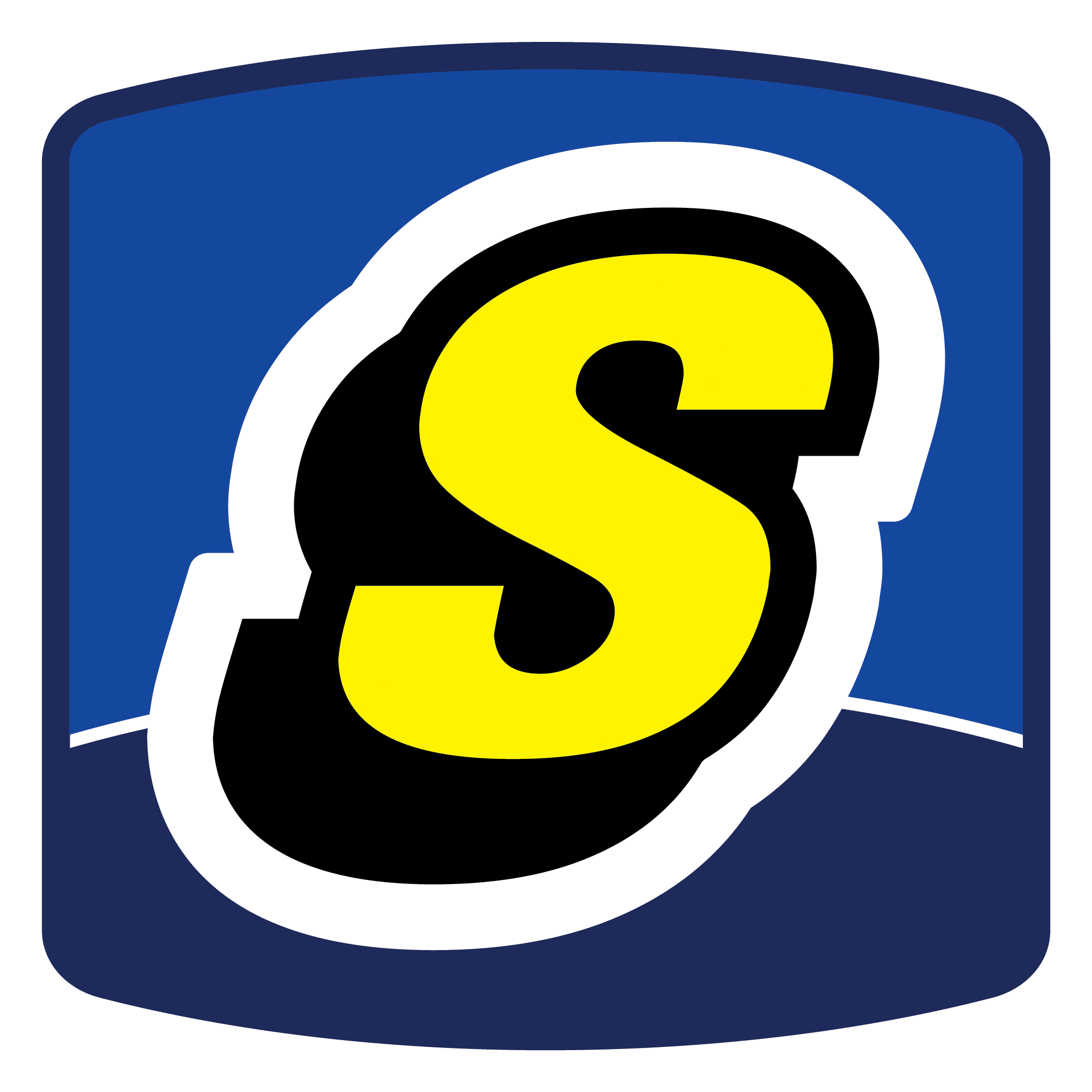@carlo42
Profile
Registered: 3 months ago
Nursing the Words: How Specialized BSN Writing Services Transform Academic Challenges into Professional Strengths In the rigorous world of Bachelor of Science in Nursing (BSN) education, students best nursing writing services navigate a unique academic landscape where clinical expertise and communication proficiency must develop in tandem. This dual demand has catalyzed the emergence of specialized BSN writing services—educational resources tailored to address the distinctive writing requirements that nursing students encounter throughout their academic journey and into their professional careers. The Communication Cornerstone of Modern Nursing The nursing profession has undergone a profound transformation over recent decades, evolving from a primarily task-oriented role to a complex practice requiring advanced clinical reasoning, interdisciplinary collaboration, and sophisticated documentation skills. This evolution is reflected in contemporary BSN curricula, where writing assignments serve as vehicles for developing the critical thinking and communication capabilities essential for modern practice. "Documentation is no longer secondary to care—it's an integral component of the care process itself," explains Dr. Rebecca Martinez, nursing education researcher. "Today's nurses document assessment findings, interventions, patient responses, and care coordination across multiple platforms. These aren't just academic exercises but foundational professional skills." This reality manifests in BSN programs through diverse writing requirements: Detailed care planning documents Case study analyses exploring complex patient scenarios Evidence implementation proposals Clinical decision justification narratives Professional communication across healthcare disciplines Patient education material development Quality improvement project documentation Research indicates that newly graduated nurses spend between 25-50% of MSN Writing Services their shifts engaged in documentation activities—a proportion that continues increasing with regulatory requirements and expanding electronic health record implementations. The Distinctive Writing Challenges in Nursing Education Nursing students face writing demands that differ significantly from those in other academic disciplines: The Science-Art Integration ChallengeNursing documentation requires seamless integration of scientific precision with humanistic understanding—a complex rhetorical balance rarely required in other fields. High-Stakes Communication ContextUnlike writing in many academic disciplines, nursing documentation directly impacts patient outcomes and carries legal implications, creating additional pressure during the learning process. Specialized Format RequirementsFrom SOAP notes to care plans, nursing utilizes discipline-specific documentation structures unfamiliar to students without prior healthcare exposure. Professional Terminology AcquisitionStudents must simultaneously master clinical terminology while learning to nurs fpx 4055 assessment 4 translate complex concepts into language accessible to patients and families. Electronic Documentation SystemsModern nursing education increasingly incorporates electronic health record training, adding technological dimensions to writing skill development. These distinct challenges create what nursing educators term "documentation anxiety"—a phenomenon affecting an estimated 68% of BSN students according to recent surveys. This anxiety stems not only from unfamiliarity with formats but from recognition of documentation's critical importance in patient care. Beyond General Writing Centers: The Need for Specialization While most academic institutions offer writing support services, these general resources often prove insufficient for nursing students' specialized needs: Lack of Healthcare Context KnowledgeGeneral writing tutors typically lack familiarity with healthcare communication conventions, clinical terminology, and documentation standards. Misalignment with Nursing Faculty ExpectationsNursing assignments often have discipline-specific requirements that contradict general academic writing guidelines, creating confusion when students receive conflicting advice. Limited Understanding of Evidence-Based PracticeThe specific protocols for evaluating and integrating research evidence in nursing assignments often exceed the expertise of general writing center staff. Insufficient Attention to Legal ImplicationsGeneral writing support rarely addresses the legal dimensions of nurs fpx 4065 assessment 4 healthcare documentation central to nursing practice. As one nursing instructor notes: "We consistently see students who received general writing center help still struggling with nursing-specific documentation. The guidance they received, while technically correct for academic writing, often contradicted clinical documentation standards." Specialized Approaches to Nursing Communication Development BSN-focused writing services have evolved distinct methodologies addressing nursing's unique communication requirements: 1. Clinical-Academic Integration ModelsEffective services explicitly connect classroom writing assignments with clinical documentation requirements, helping students transfer skills between contexts. "Working with a nursing-specific writing mentor transformed my understanding," shares Michael Chen, BSN graduate. "She helped me see how the care plan assignment wasn't just academic busywork but preparation for actual clinical documentation. Suddenly, the assignment had real-world relevance." 2. Documentation Framework DevelopmentQuality services help students internalize structural frameworks for different documentation types, creating mental models adaptable across clinical scenarios. 3. Discipline-Specific Feedback MethodsSpecialized feedback addresses not only writing mechanics but nursing-specific concerns like terminology precision, intervention rationale clarity, and assessment thoroughness. 4. Professional Identity DevelopmentAdvanced services recognize writing's role in developing nursing nurs fpx 4905 assessment 3 identity, helping students find their professional voice within healthcare's communication context. 5. Electronic Health Record PreparationForward-thinking services incorporate guidance on transitioning writing skills to electronic documentation systems students will encounter in practice. Measurable Outcomes Across the Educational Continuum Research examining specialized writing support for nursing students demonstrates significant benefits throughout the educational journey: Early Program Success IndicatorsFirst-year nursing students receiving discipline-specific writing support show 23% higher rates of progression to second-year studies compared to peers without such assistance. Clinical Performance CorrelationStudents with structured writing support demonstrate stronger clinical documentation ratings during rotations, with preceptors noting improved organization and precision. Capstone Project QualityPrograms implementing comprehensive writing support report measurable improvements in senior capstone project quality, particularly in evidence integration and clinical reasoning articulation. Transition-to-Practice IndicatorsNew graduates who received specialized writing support report lower documentation-related stress during their first year of practice and higher confidence in interprofessional communication. As one nursing program director observes: "We've tracked the impact of our specialized writing support initiative over three years. The data is clear—students who engage consistently with nursing-specific writing resources demonstrate stronger progression through the program and more confident transitions to practice." Characteristics of Quality BSN Writing Services Not all writing services offer equal value for nursing students. Quality indicators include: Nursing Practice KnowledgeEffective providers demonstrate understanding of current nursing practice, including documentation standards, terminology usage, and regulatory requirements. Developmental ApproachQuality services implement progressive frameworks addressing increasingly complex documentation tasks as students advance through their education. Balance of Process and Outcome FocusEffective support emphasizes both improved assignment outcomes and development of transferable skills applicable to clinical practice. Integration of Current Evidence StandardsReputable services remain current with evolving expectations for evidence integration in nursing practice and documentation. Ethics-Centered PhilosophyQuality providers establish clear boundaries regarding academic integrity while maximizing legitimate learning support. Emerging Innovations in Nursing Writing Support The landscape of BSN writing services continues evolving to address changing educational and healthcare environments: Simulation-Based Documentation PracticeInnovative services incorporate clinical scenarios requiring students to document findings, interventions, and outcomes in simulated electronic health records. Interprofessional Communication TrainingAdvanced approaches include guidance on effective written communication across healthcare disciplines, preparing students for team-based practice environments. Population-Specific Documentation GuidanceSpecialized support for documenting care for diverse patient populations helps students develop cultural competence in written communication. Technology-Enhanced Feedback SystemsSome providers employ initial AI-assisted review of technical elements, allowing human mentors to focus on higher-level concerns like clinical reasoning articulation. Virtual Documentation LaboratoriesCutting-edge programs create virtual environments where students practice documenting care in consequence-free settings before entering clinical rotations. Institutional Integration for Maximum Impact Forward-thinking nursing programs increasingly recognize the value of integrating specialized writing support throughout their curricula: Writing-Across-the-Curriculum IntegrationRather than isolating writing development in single courses, progressive programs incorporate documentation skill building throughout the curriculum. Faculty Development InitiativesPrograms training nursing faculty in writing pedagogy create consistent approaches to writing guidance across courses. Admission-to-Graduation Support ContinuumsComprehensive approaches provide tailored writing support from program entry through transition to practice, addressing evolving needs. Embedded Documentation SpecialistsSome institutions incorporate nursing-specific writing experts directly into clinical courses, providing contextual support during documentation skill development. Beyond Graduation: Career-Long Impact The benefits of developing strong documentation skills during BSN education extend throughout nursing careers: Enhanced Team Communication EffectivenessGraduates with developed writing skills report more effective interdisciplinary collaboration and fewer communication-related errors. Reduced Documentation BurdenNurses with strong writing foundations report completing documentation tasks more efficiently, reducing administrative stress and potential burnout. Career Advancement OpportunitiesClear, precise documentation capabilities correlate with faster advancement into leadership positions where communication skills are highly valued. Professional Influence ExpansionNurses confident in their writing abilities demonstrate greater participation in policy development, quality improvement initiatives, and professional publications. Conclusion As healthcare environments grow increasingly complex and documentation requirements expand, specialized writing services for BSN students represent essential resources for developing fundamental professional capabilities. By addressing the unique communication demands of nursing practice, these services help transform academic challenges into professional strengths. The future of nursing excellence depends not only on clinical expertise but on the ability to communicate that expertise effectively through clear, precise documentation. BSN writing services, when thoughtfully designed and utilized, help develop this core professional competency—ultimately contributing to safer patient care, more effective healthcare teams, and enhanced nursing professional development. In a profession where words carry life-altering implications, nursing the development of these communication skills proves as essential as mastering clinical procedures. The specialized writing services supporting this development represent not merely academic resources but investments in fundamental capabilities that will serve nurses—and their patients—throughout their careers.
Forums
Topics Started: 0
Replies Created: 0
Forum Role: Participant


























